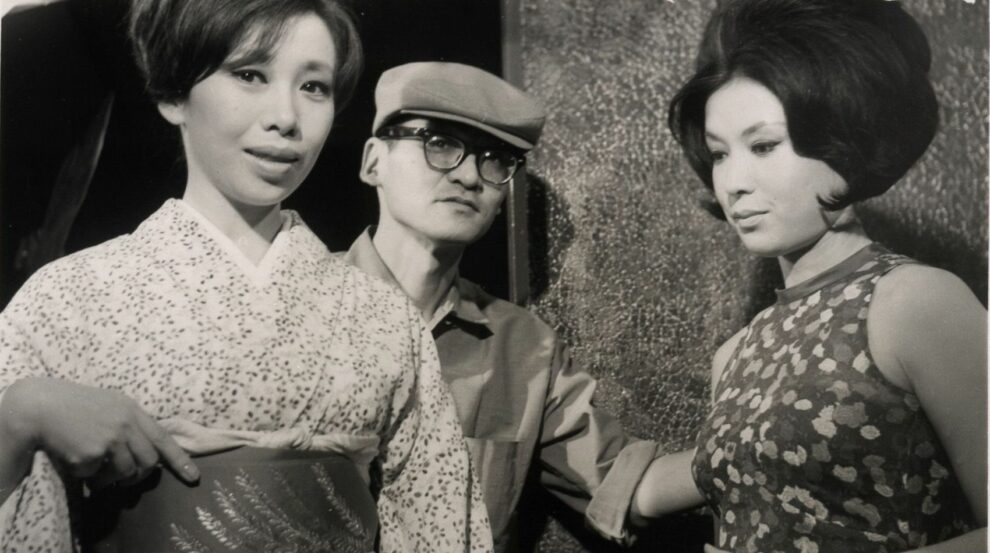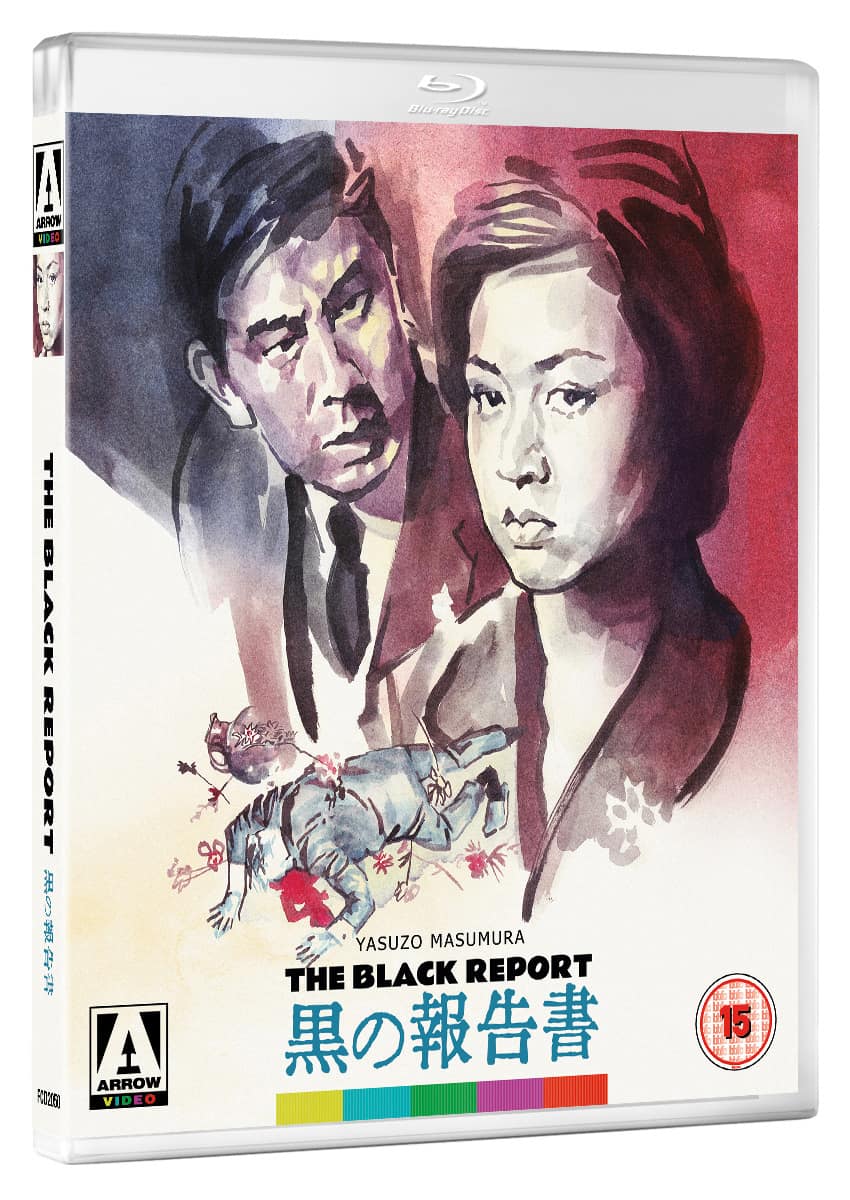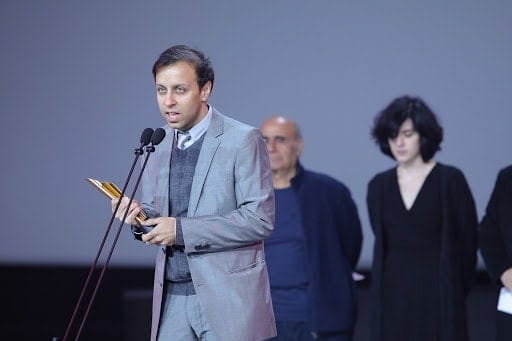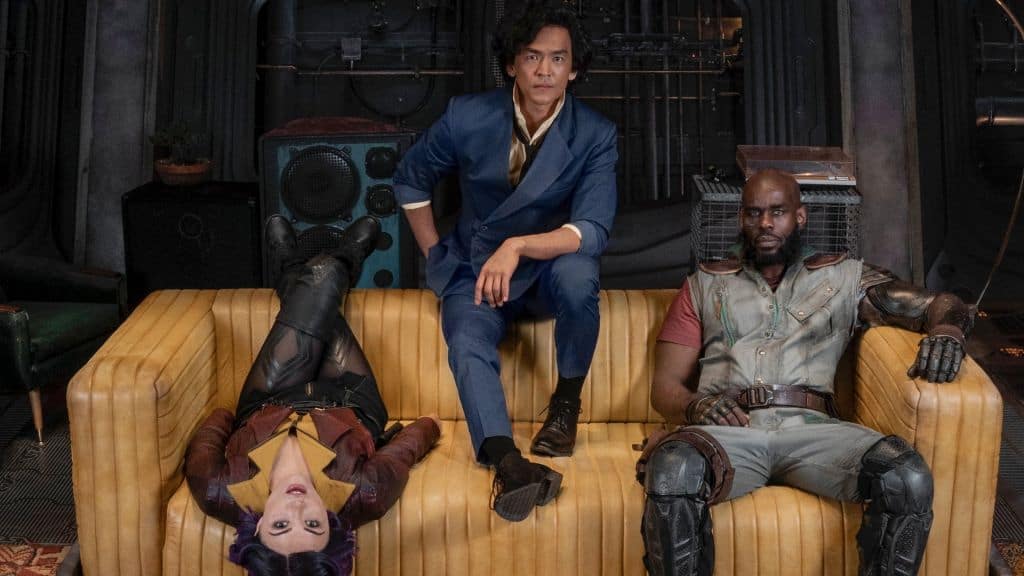What's singular about many of the films of Yasuzo Masumura (1924–1986) is that they're intellectual forms of exploitation—politically incorrect experiences that are consciously sociopolitical critiques, unlike the roller-coaster rides of Tarantino. You might even say that they shock us into thinking. But it's hard to make too many generalizations about someone who made 58 films, mostly assignments at Daiei before that studio closed in 1971. (source: https://metrograph.com/the-intellectual-and-sociopolitical-exploitations-of-yasuzo-masumura/)
In our latest column, we will have each contributor pick a specific person (director, filmmaker, etc) and present a list about him. The first selection belongs to Adam Symchuk.
1. Kisses (1957)
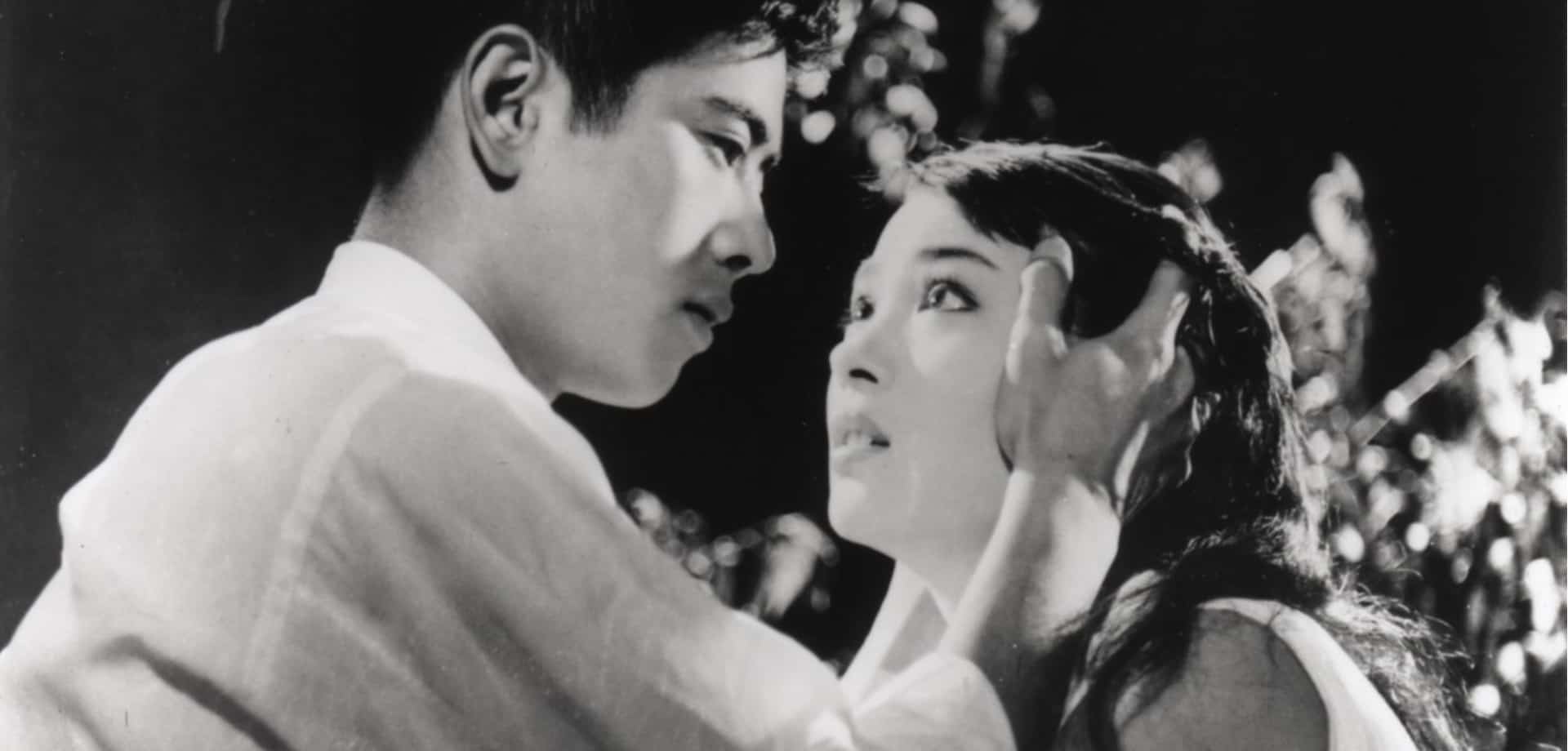
Yasuzo Masumura's first feature-length film, “Kisses” may not be his most defined vision and is a, mostly, straightforward love story. However, the debut stands as an obvious testament of his trajectory in the film industry being one of profound skill. His ability to craft a love story at the forefront of a nihilistic Japan instantly made him a notable name in the Japanese New Wave in taking traditional storytelling elements and interjecting social commentary/critique. “Kisses” also acts as a precursor to his focus on strong female characters, with Hitomi Nozoe absolutely stealing the show in every scene. (Adam Symchuk)
2. Afraid to Die (1960)

Yasuzo Masumura directs a straightforward crime film that has two distinct, interconnecting aims; to highlight the inescapability of being a Yakuza and to “promote” Mishima as an actor. In that fashion, the title describes Asahina's mentality perfectly, as underneath his seemingly macho facade, fear is dominating him. This sentiment is highlighted a number of times, from the way he “escapes” during his release, pleading with the cops to help him, and to the way he reacts each time anyone comes knocking to his rundown apartment over the cinema. The inescapability is highlighted through different elements, from Asahina's comments about the relationship between Yakuza and money and the commitment everyone owes to the “family”, to the finale of the film, which provides the most eloquent and the most impressive testament to the fact. (Panos Kotzathanasis)
3. A Wife Confesses (1961)
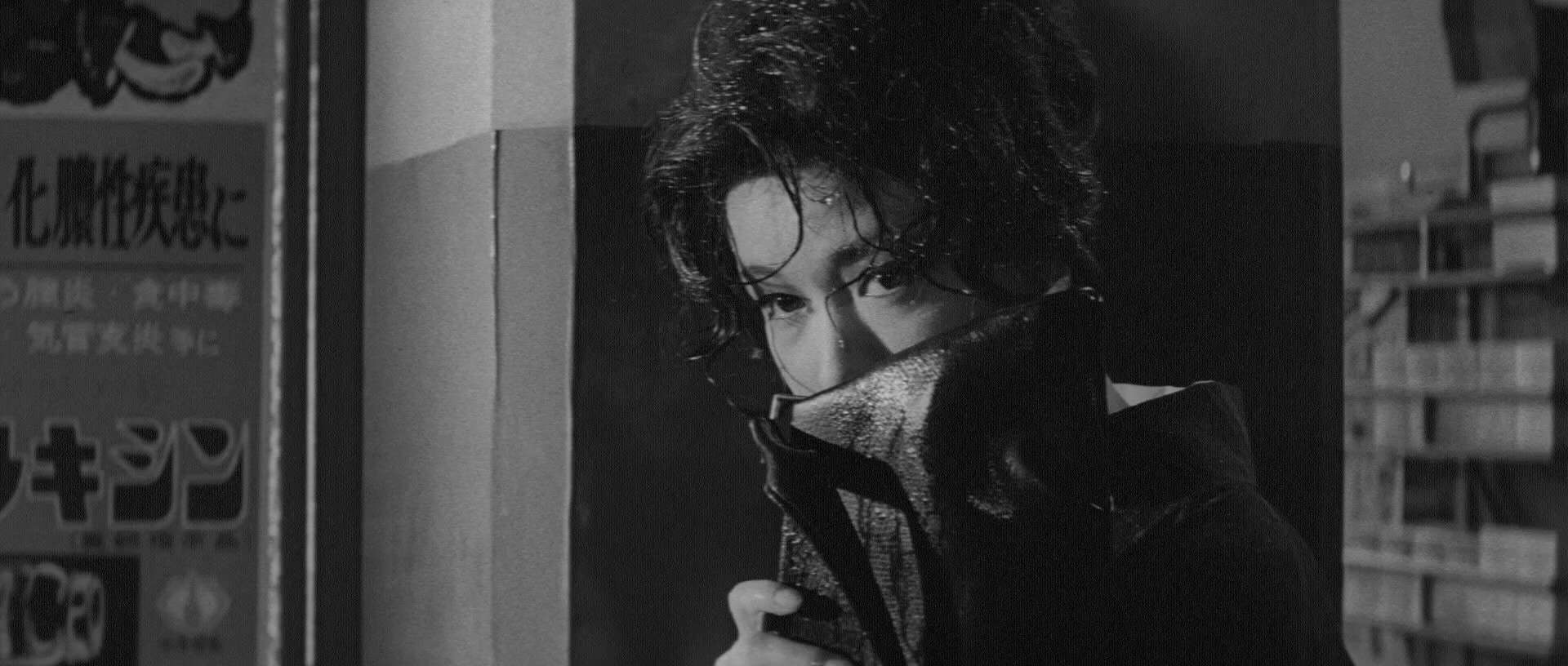
One of the least known titles coming from a Japanese New Wave representative, as well as a director known for his pinku-like adaptations of Tanizaki prose, Yasuzo Masumura, is a rollercoaster close-up of a woman tortured by the patriarchal world, both of men and legal structures. Bravely played by Ayako Wakao (Masumura's favorite actress of all time) in “A Wife Confesses”, the heroine represents imprisonment in Japanese social rights-and-wrongs. The film is almost entirely shot in the legal court and the case revolves around the alleged murder of a husband committed by his wife (Wakao), who had an affair with the husband's approval. Masumura's great effort encapsulates the inability of a woman to clear her name, as he keeps framing her within the matter of ticking time, her gestures of helplessness and inaudible acts of despair that prove the uncanny unerringness of Japanese patriarchy. This is a story about a woman who has never had a breath to shout strong enough, with one of the most heartbreakingly condensed finales of the entire Japanese New Wave Cinema. (Lukasz Mankowski)
4. Black Test Car (1962)
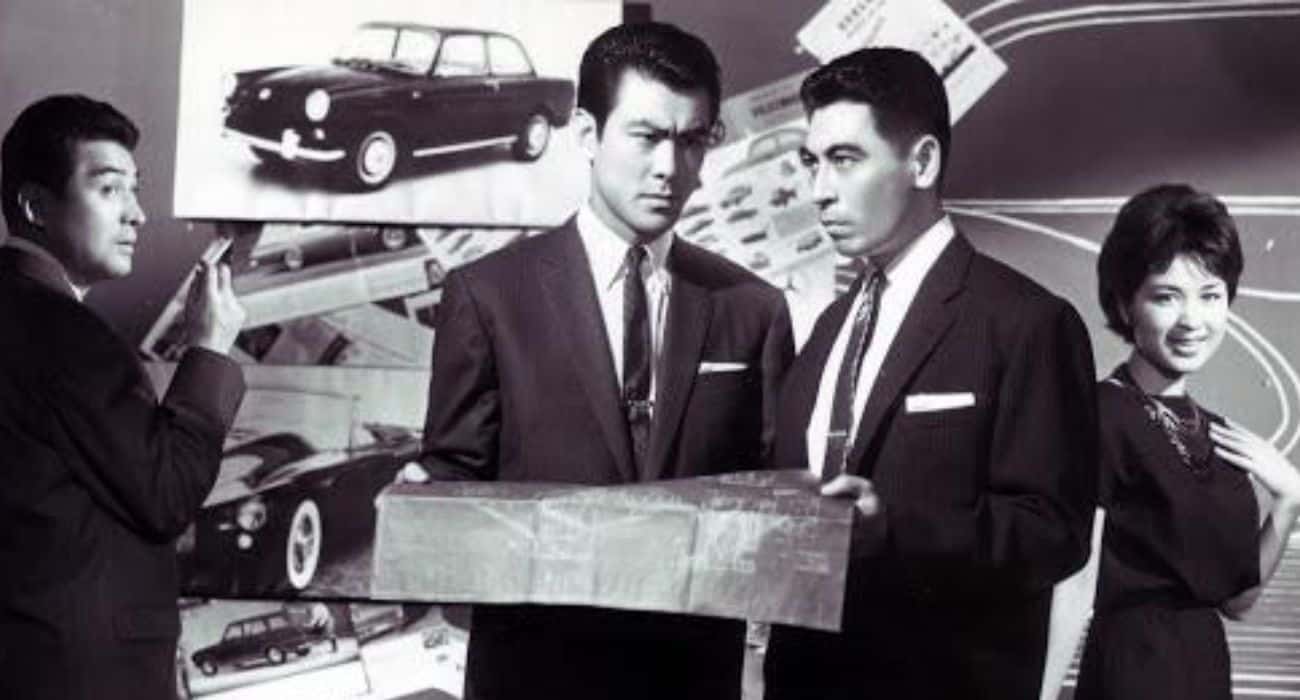
Having proven previous success in approaching the dark side of commercialism with “Giants and Toys”, Masumura's take on the auto industry taps into a similar dark ethos in the competitive market. As a result, the film's subjects seem to be at the whim of their jobs offering up personal sacrifices and undermining their own morality in order to succeed. This approach seems to convey a general disgust, albeit it one of morbid fascination, with the way in which loyalty and the drive to come up top (financially) can lead to great corruption of one's moral compass. (Adam Symchuk)
Buy This Title
5. Manji (1964)

A sincere exploration of a lesbian relationship wrapped up in a dark melodrama, “Manji” was certainly ahead of its time during a period when the subject of same-sex was taboo. Furthermore, while the movie contains sensational themes such as blackmail, suicide, and manipulation, the delivery is more subdued and sincere in its portrayal of the complexities of navigating highly emotionally driven relationships in a culture that is dismissive of them. As Ayako Wakao and Kyoko Kishida draw closer and the relationship becomes intense, the viewer will become equally obsessed with the two. This is, arguably, the best-scripted work out of Masumura's career. (Adam Symchuk)
6. Irezumi (1966)

Masumura directs a film where the elements of exploitation, as dictated by the combination of violence and sex, become evident from the introductory scene, which is actually the one where Otsuya forcefully receives her tattoo, with Sekichi being the medium of the first element, and Otsuya, whose cries play more like erotic moans than sounds of pain, the second. This combination is the one that actually permeates the narrative, as most of its aspects derive from these two factors.
In that regard, the violence is frequently presented through the plethora of fights in the story, which are impressive through the realistic depiction of the desperation emitting from the people involved with them, as they exemplify how regular people would fight to the death. Particularly the one in the woods, in the rain, is magnificent to look at, and one of the most memorable sequences in the movie, both visually, but also contextually, since it signifies the metastrophe of Shinsuke. (Panos Kotzathanasis)
Buy This Title

7. Red Angel (1966)
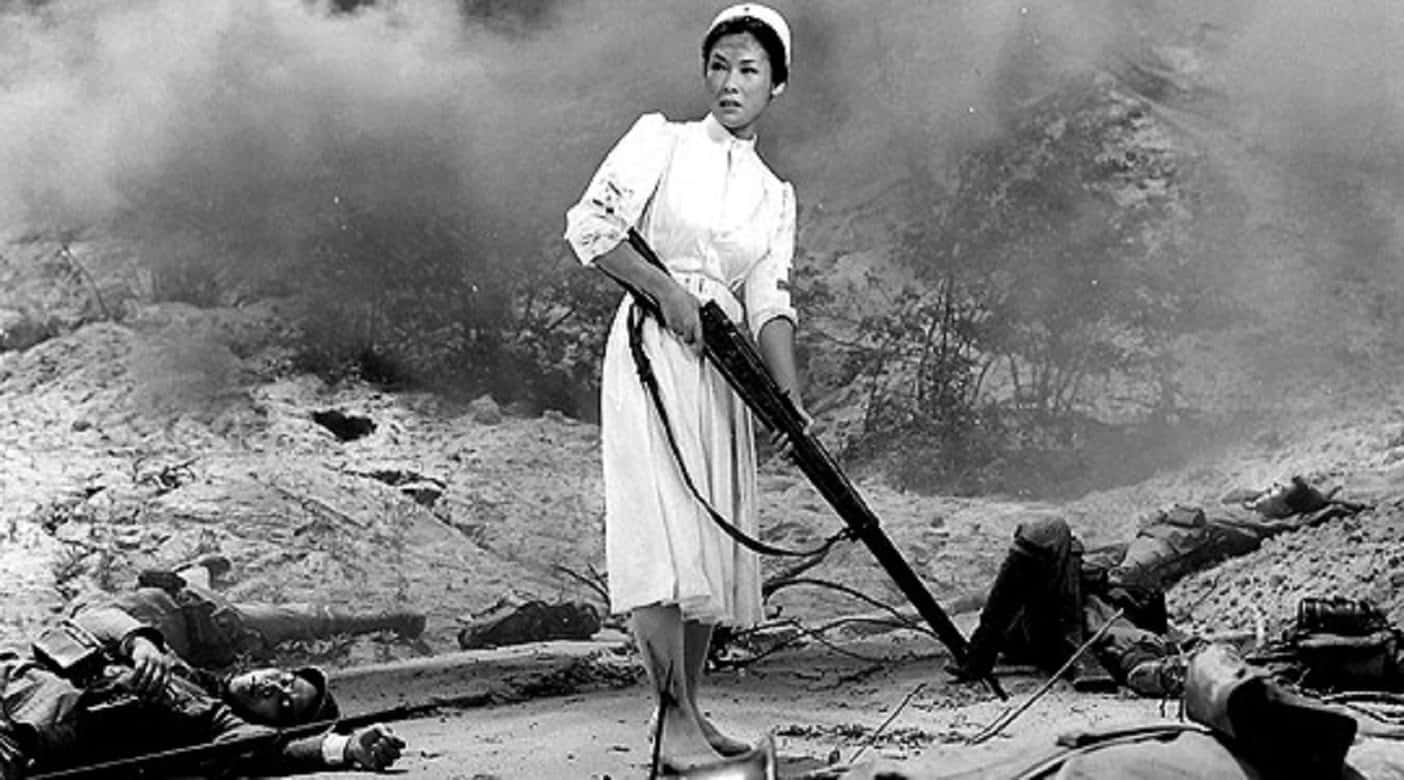
Masumura's work can often be easily summarized as, ‘love finds a way', though the outcome is often tragic and the path to get there challenging. World War II seems as unlikely a place as any for a couple to find each other, especially at the forefront of the war surrounded by death. Yet, he is able to take the desperation of the situation and push that into a brief and intense relationship that stands in stark contrast to the inhumanity of the battlefield. For me, this is the film that both broke me and cemented my obsession with the director. (Adam Symchuk)
8. Blind Beast (1969)
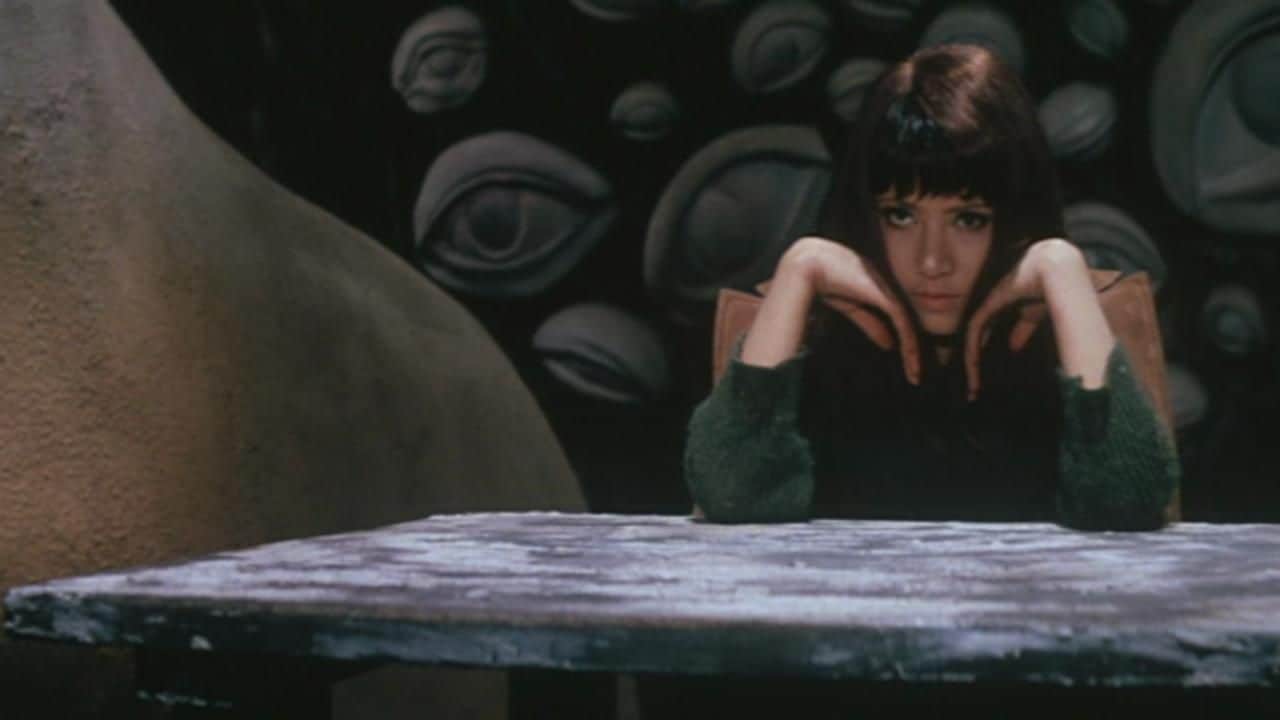
Loosely adapted from the novella of the same name by Edogawa Rampo, “Blind Beast” is the darkest of Masumura's work in a thematic sense, dealing with extreme obsessions, abduction, and topped up with an unshakably bleak conclusion. This is the closest he ever came to making a ‘horror film', and despite the lack of regular conventions of the genre, “Blind Beast” is an unsettling experience given the perverse obsession of the captor, Eiji Funakoshi, and the surreal set oozes macabre charm. Strong performances from Eiji Funakoshi and Mako Midori allow the spiral of the characters into sado-masochism believable despite the extremes to which it devolves. (Adam Symchuk)


